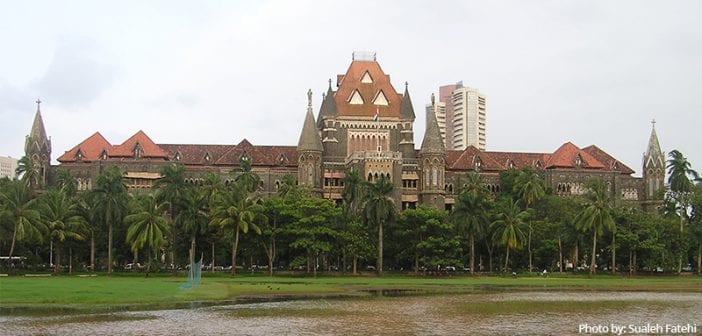During the confirmation hearings for Judge Brett Kavanaugh, anti-Life activists have been inspired to new levels of cognitive dissonance with statements like, “It [abortion]is necessary to save lives.” Anyone with the most basic understanding of biology recognizes that abortion ends a human life, the life of the preborn baby in the womb. What is more, legal, so-called “safe” abortion endangers the lives of women, and abortion is not necessary to save a woman’s life in the event of life-threatening pregnancy complications.
Recently, an unlikely source highlighted the dangers of abortion for women. The Hindustan Times reports, “The Bombay high court on Monday refused a 17-year-old rape survivor permission to medically terminate her 27-week-long pregnancy because of a threat to her life.”
The case arose from difficult and tragic circumstances. The 17-year-old girl was allegedly sexually assaulted at her grandparent’s house, resulting in the current pregnancy. In India, abortion is legal up to 20 weeks, and after 20 weeks, as in Texas, abortions are banned. There has been a growing trend in recent years to petition the court for an exception based on extraordinary circumstances, as in this case the mother is a rape survivor.
The Hindustan Times states, “After hearing all submissions, the court said it could not permit the termination in light of the medical panel’s report.” The medical panel, consisting of six doctors, advised the court in a report that the abortion “posed a threat to her [the mother’s]life.” Many people do not realize that late-term abortion is a multi-day procedure that carries the risk of many life-threatening complications for the mother, and that every abortion poses risks to the mother’s life and health.
In denying the girl’s request to abort her viable, seventh-month-old preborn baby, the court iterated the need to provide adequate care and support for the mother. The distress the mother must be in to request the killing of her child so late in pregnancy is hard to imagine. Such distress serves as a reminder that all abortion-minded women need access to real support. Although the advanced stage of pregnancy makes this case remarkable, the reality is that every abortion, even so-called early abortions violently kill a preborn child.
The ruling in the recent Indian case is in contradiction to another case last year in which the Court told a woman who was six-months pregnant to undergo an abortion as soon as possible. In that case, there was a possible abnormality with the child’s heart that would require several surgeries after birth and may be life-limiting. Because of this, the court ruled that the mother could undergo an abortion based on the fact that the pregnancy might pose a risk to her health if the child’s condition became unstable.
Sadly, this previous court ruling falsely indicates that abortion is necessary to save the life of the mother. As stated above, late-term abortion is a complex, multi-day procedure that endangers the mother’s life. In the event of life-threatening pregnancy complications, abortion is not necessary to save the life of the mother and may, in fact, pose further risk to the mother. If the pregnancy becomes dangerous to the health of the mother, the baby can be prematurely delivered. This may result in the baby’s unfortunate demise, but actively killing the innocent baby in his or her mother’s body is not necessary. Former abortionist Dr. Anthony Levatino explains more in this video.
People often wrongly assume that late-term abortions don’t actually occur. In several states very late abortions are legal and they do happen. 29-year-old Jennifer Morbelli died from complications inflicted by an abortion at 33 weeks committed by late-term abortionist LeRoy Carhart, and twelve women were sent to the hospital in four years under Carhart’s negligent care.
There is a reason that most countries ban abortions at later stages of pregnancy. The United States is one of only seven nations that allows elective abortion after 20 weeks. Two of the other nations that allow elective abortion in the later stages of pregnancy are China and North Korea, two nations notorious for their human rights violations.
Preborn babies deserve protection under the law no matter what gestational age, and protecting women and babies from extremely dangerous late-term abortions is a start. This recognition of the sanctity of human Life in the womb forms part of the strategy for undermining the foundation of the Roe v. Wade decision that legalized elective abortion in the United States.


